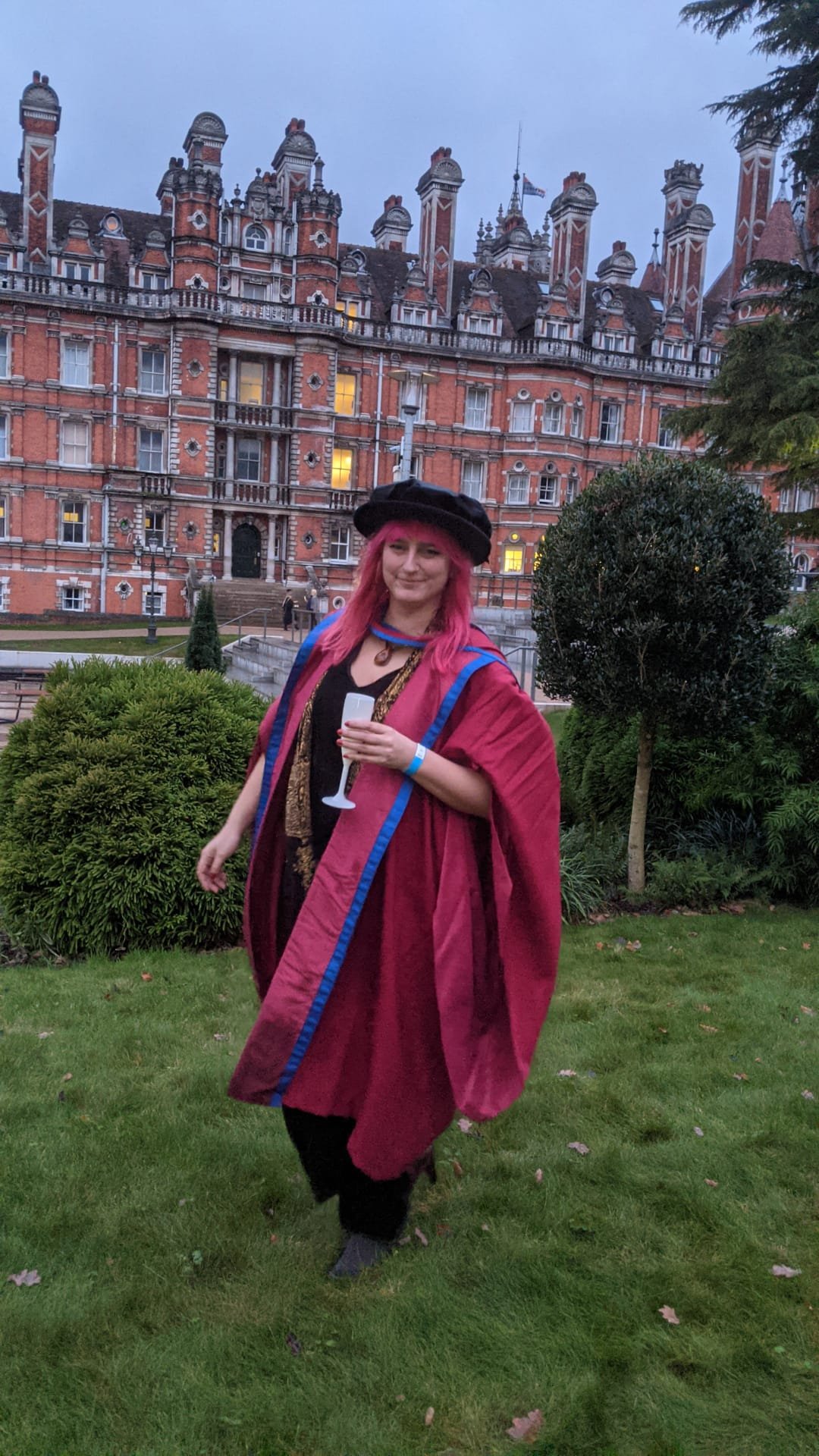Workshop
Digital Platforms and Democratic Relations: Reinventing participation?
Thursday 10 November 2022, 17.00 (UK time)
MS Teams link here
Are digital platforms good or bad for democracy? The first workshop of the series ‘the Politics of Platform Societies’ will unpack this apparently simple question. The 2010s begun with the enthusiasm for how online communities could communicate and organise resistance to authoritarianism. Hope lay in the ‘Arab Spring’, and non-hierarchical protests to disrupt the politics of austerity – the ‘Occupy’ movements. 2016, however, marked a turning point. It became clear that social media can be hacked for authoritarian ends. Cambridge Analytica harvested data from millions of citizens to support Trump’s election. That are the long-lasting effects of these processes? Under what conditions can platforms make our societies more democratic? And how do new gigantic flows of information through platforms reshape how public opinion forms? Meanwhile, new debates have arisen around ‘digital parties’. Podemos in Spain and the 5 Stars Movement in Italy were born under the promise of advancing direct democracy through their platforms. Were they a new and more participatory form of political organisation? Or did platforms still worsen leadership engagement with grassroots activism? Our workshop will address these questions through the contributions of leading academics in the field of digital politics and communication.
Professor Natalie Fenton (Goldsmiths, University of London) will deliver a keynote speech to the workshop. Prof Fenton is a leading scholar on the relations between new media ecosystems and the engagement of citizen in radical democratic processes. Among others, she authored the book Digital, Political, Radical (2016), in which she argues against the notion that digital activism is inherently democratic. Instead of considering social media and movements in isolation from the structures of capitalism and liberal democracies, Fenton claims the need to re-politicise the economy and re-socialise politics as the condition for radical movements to advance democracy through digital media. More recently, in her book The Media Manifesto (2020), co-authored with Des Freedman, Justin Schlosberg, and Lina Dencik, Fenton makes a compelling case for the need to envision a media system around news co-operatives run by local communities to face the current power imbalances in the flows of information governed by big social media and traditional broadcasters.
Professor Oscar Barbera (University of Valencia, Spain) will be our panellist. Prof Barbera is a leading scholar on parties’ digitalisation. He is an expert on the effects of parties’ platforms on participation and intra-party democracy. Recently, Barbera co-edited the volume Digital Parties. The Challenges of Online Organisation and Participation in which the authors challenge the idea that digital platforms shape party competition in a single direction. Instead, by focusing on how digital tools reshape parties’ organisation and activists’ participation, Barbera and colleagues provide a theoretical compass to make sense of how political organisations migrate into the digital. Beside his interest in digital parties, Prof Barbera chairs the ‘Digitalisation and Policy Research Group’ at University of Valencia, whose core goal is to investigate the impact of digitalisation on democratic participation and how citizens have been increasingly participating to policies’ designs in different contexts through digital platforms.
Professor Ben O’Loughlin (Director of the New Political Communication Unit at Royal Holloway) will introduce the workshop series.
The workshop is open to anyone. Indeed, our aim is to stimulate the participation of students, academics and citizens from every background and expertise. Digital platforms are part of our daily lives, shaping how we communicate, consume and crucially seek information on political events. These are the conditions in which we can be political. Our goal is to provide all the attendants with a compass to become more aware of the political implications of digitalisation.
Thank you to our new lecturer Dr Marco Guglielmo for organising this, the first in a series of events.











